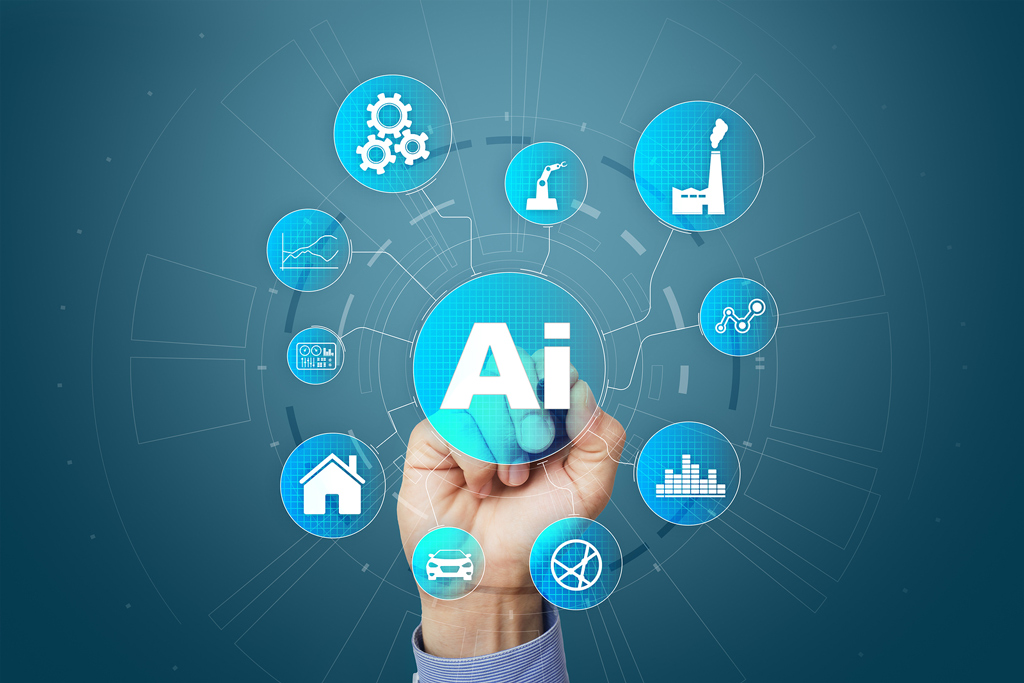The idea of “Cognitive Procurement” is steadily gaining momentum and causing a stir around the industry, in the context of a digital transformation.
It involves the application of cognitive technologies to day-to-day procurement functions to optimize operations, automate essential processes, and use more in-depth perspectives to make informed decisions that are collected from the vast quantities of accessible data.
Technologies that are capable of performing cognitive functions, such as planning, reasoning, learning, or decision making are referred to as cognitive technologies. Read on to learn more about cognitive technology, and how it works.

What Is Cognitive Technology?
Cognitive technologies, or "thinking" technologies, sit into a broad umbrella covering algorithms, robotic process automation, natural language processing, machine learning, and natural language generation, expanding into the artificial intelligence (AI) realm.
Whether or not these innovations are actually rational or insightful is a philosophical concern. There are structures that seem to think or behave intelligently, in an identical way to how humans act, irrespective of the ultimate existence of the mechanisms leading to such actions.
From routine (robotic process automation) to abstract and complex (machine learning and AI), cognitive technologies can automate processes. They can detect subtle trends in data and predict what could come ahead.
Cognitive technology allows automation, such as reviewing contracts, classifying images, or identifying inappropriate material, to business operations initially regarded un-automated.
Real-Life Examples of Cognitive Technology
One remarkable breakthrough that has become indicative of cognitive technology is the Watson supercomputer of IBM, which employs 80 teraflops of computing speed to "think" basically as good as (or better than) a human brain.
Also, in the business field, cognitive technology has been applied, maybe most prominently with the media streaming service Netflix, which applies it to obtain user recommendations (a feature that has mostly led to the success of the company).
Insurance
Cognitive technology in the insurance sector helps insurers lower the risk of underwriting, the inconsistencies in insurance calculation, and the claim costs.
Its predictive capabilities allow to reliably estimate possible claim amounts concerning the financial agreements that can be made.
For instance, USAA had deployed IBM Watson to verify if a policy application deserved approval or had to be rejected in case it was out of line with current policies.
Customer Service
In the customer service domain, routine and ambiguity alternate frequently. Therefore, with product updates, customer service representatives have to remain updated.
The great part about AI is that it knows the viewpoint of the consumer and it delivers assistance without allowing human shortfalls to get in the way.
Simultaneously, to ensure the profitability of the company, the cost must also be held to a minimum. VentureBeat, for instance, analyzed the world around famous chatbots and concentrated on those that outperformed human customer service.
Health Care

Handwritten notes, lengthy periods to determine disease symptoms, and lack of information remain vital factors that impede health care professionals' efficiency.
Cognitive technology can eliminate all these inefficiencies by providing critical insight through programmatic computing.
By extracting thousands of patient records in digital format, the University of California Los Angeles (UCLA) researchers were able to identify people with diabetes changes quickly.
Data mining also revealed patterns that helped to determine the probability of previously unrecognized disease patterns.
Conclusion
Nowadays, cognitive technology affects every aspect of our lives, including travel, sports, and entertainment as well as fitness, health, and wellbeing —and even our pets' health.
In the article above, you have learned about how cognitive technology is being used in some industries. Entrepreneurs from a variety of industries have already produced cognitive technology products and services.







